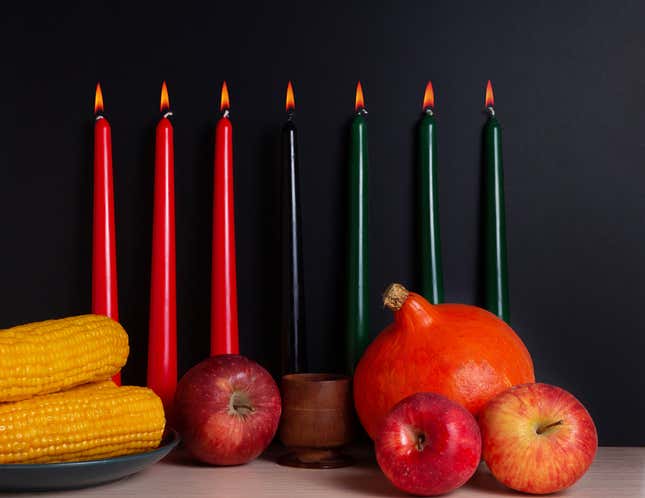
Kwanzaa is a Black holiday that takes place between December 26 and January 1 each year, during which Black people are encouraged to celebrate their community, culture, and kinship including by reflecting on the Seven Principles, or Nguzo Saba, that characterize some of our shared values as a people.
In keeping with The Root tradition and as we (thankfully) approach the end of 2020, we’re marking Kwanzaa by recognizing the people and experiences we feel best embodied the Seven Principles this year.
Umoja
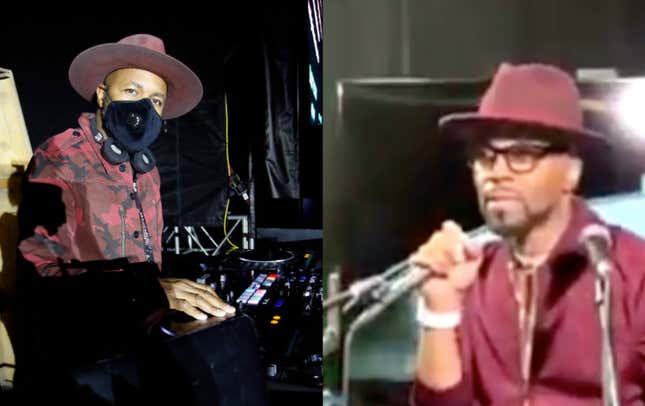
Umoja—striving for unity in the family, community, nation, and race—is celebrated on the first day of Kwanzaa and is the holiday’s most foundational principle. But when the COVID-19 pandemic barreled into our lives about nine months ago and forced us into isolation and quarantine, it felt like we were being condemned to experience the exact opposite of unity. Then came Black people and music. First out of the gate was DJ D-Nice, with his “Club Quarantine” series on Instagram Live. The veteran deejay told The Root in March that the cancellation of nightlife events caused by the pandemic, plus his well-honed knowledge of music’s ability to bring people together, prompted him to spin tunes while streaming himself live in order to “help lift spirits.” With sets that ran as long as nine hours, D-Nice made space for the definition of unity by gathering more than 100,000 viewers who came to jam out together—including people like Barack Obama, Quincy Jones, and Oprah.
Timbaland and Swizz Beatz then kept the online party going by launching the Verzuz series of musical battles on Instagram Live. With match-ups between big names like Babyface and Teddy Riley (a two part battle which birthed a thousand memes), Erykah Badu and Jill Scott (which drew close to a million viewers), Jeezy and Gucci Mane, and even Beenie Man and Bounty Killer from Jamaica, Verzuz became a must-attend virtual event for the Black community in 2020 with hundreds of thousands tuning into the free entertainment each week. For all the joyful connection and togetherness these online music venues gave us during the ongoing pandemic, Club Quarantine and Verzuz take the Umoja title this year.
Kujichagulia
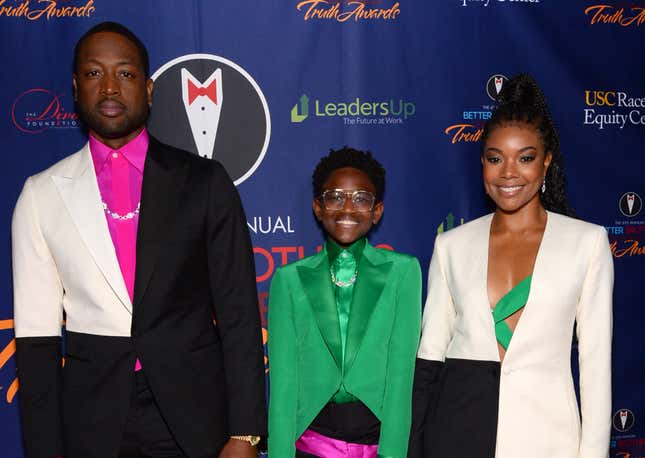
Kujichagulia, marked on December 27 during Kwanzaa, is the principle that deals with self-determination—our ability to define ourselves, name ourselves, and not be defined by others. We can’t think of another person who embodied this concept in 2020 better than Zaya Wade. The 13-year-old publicly identified as transgender early this year, telling her NBA champion father Dwyane Wade, “I want you to call me Zaya and I’m ready to take on this.” ‘This’ was likely a reference to the leadership Zaya has exhibited by simply sharing her truth with the world, in the process being a representation of self-determination to all kinds of people—young and old, transgender and otherwise—who are still on the journey to doing the same. Even in the face of ignorant comments by transphobic rappers who feel they can tell someone else how to identify, Zaya has thrived by simply owning that it is her right, and no one else’s, to say who she is. It’s about “knowing who you are, truly, and being able to show other people who you are,” says Zaya. We agree, and that’s on Kujichagulia.
Ujima
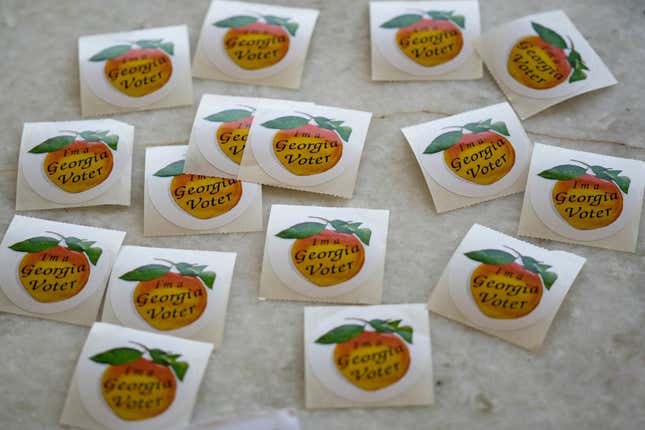
Ujima, the principle recognizing collective work and responsibility, is celebrated on December 28. There’s no clearer champion of these values than the Black women who worked determinedly over the years to organize voters and turned Georgia blue in 2020, helping the state go for the Democratic candidate for President—Joe Biden—for the first time since 1992. The successful effort was indeed accomplished collectively by women, including Deborah Scott of Georgia Stand-Up, Felicia Davis of Clayton County Black Women’s Roundtable, Nse Ufot of The New Georgia Project, LaTosha Brown and Wanda Mosley of Black Voters Matter, Tamieka Atkins of ProGeorgia, Helen Butler of the Georgia Coalition for the Peoples’ Agenda, and of course Stacey Abrams, who turned her loss in Georgia’s 2018 gubernatorial elections—marked as it was by suspicions of voter suppression—into a renewed dedication to protect the vote of historically oppressed communities with her voter outreach organization, Fair Fight.
“We all as a collective community have the responsibility to have authentic conversations about why voting isn’t just something you do because our ancestors fought for it, you do it to save your own life,” Abrams told The Root in an interview ahead of November’s elections. And that’s exactly what the grassroots organizers in Georgia did, registering new voters by canvassing communities and engaging them on issues that impact their lives: economic equity, healthcare access, and police accountability. As the Georgia runoff elections for Senate approach, these organizers are still doing the work necessary to harness the power of Black voters and rack up more victories for our communities by practicing Ujima.
Ujamaa
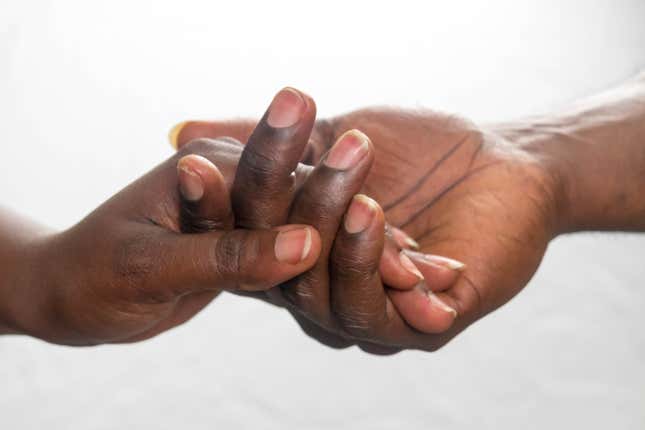
Ujamaa is marked on December 28 and celebrates cooperative economics—the principle of combining our energy to build economic stability, businesses, and support each other’s economic goals. Economic stability was upended for most of the country in 2020 due to the circumstances of the coronavirus pandemic and, as is usually the case in America, Black communities and business have felt this shock most acutely. In response to the economic precarity facing many of our neighbors, people around the country stepped up to donate tens of thousands of dollars to initiatives like The Black Collective Mutual Aid Fund and NYC Black Mutual Aid that stood in the gap to provide food and other urgently needed resources to Black people struggling during the pandemic—building on a long tradition of Ujamaa in the African American community.
The racial uprisings that marked the late spring and summer also provided another avenue for people to pool resources in support of the goal of the movement for justice for Black people, and drove millions in donations to bail support organizations in Louisville and Minneapolis—where police turned out in droves to violently subdue protests that erupted in response to the murders of Breonna Taylor and George Floyd.
Nia
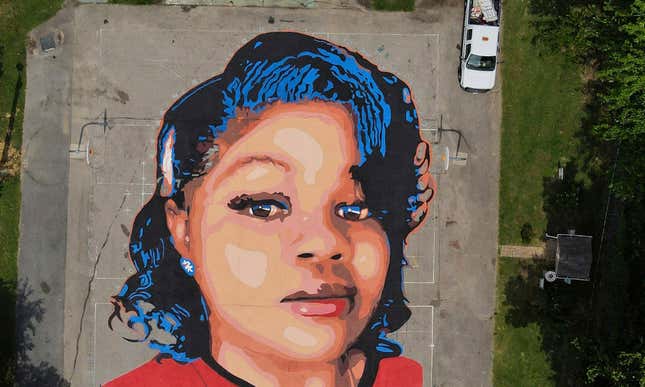
The fifth day of Kwanzaa is about celebrating Nia, the principle that centers purpose—knowing and working towards our personal goals and those of our community. The aforementioned protests that happened this year all across the country marked an undeniable inflection point in the journey of Black people’s pursuit of justice in America. Even in the midst of a pandemic that disproportionately impacted African Americans, Black people led demonstrations in cities including Louisville, Minneapolis, New York, Los Angeles, and Chicago to demand an end to racist police violence and other injustices that continue to rob us of their lives. In doing so, they exemplified the principle of working towards our shared goals as a community.
We also see the essence of Nia reflected in Breonna Taylor, the 26-year-old EMT who was horrifically gunned down in her home in Louisville, Kentucky this March by police officers. Breonna’s story languished without national attention for months until her family and others pushed for acknowledgement of her life and the impact that police violence has on Black women as well as Black men. Though her killers escaped justice for cutting the aspiring nurse’s life short, Breonna has gone on to symbolize the renewed movement for police accountability. Legislation banning the warrants that cops used to enter her home on that fatal night has been passed in her honor, and her name has been invoked by high-profile athletes in the NBA and WNBA using their highly visible platforms to call for change, displayed on billboards across Louisville, and even shown up in the halls of Congress.
Kuumba
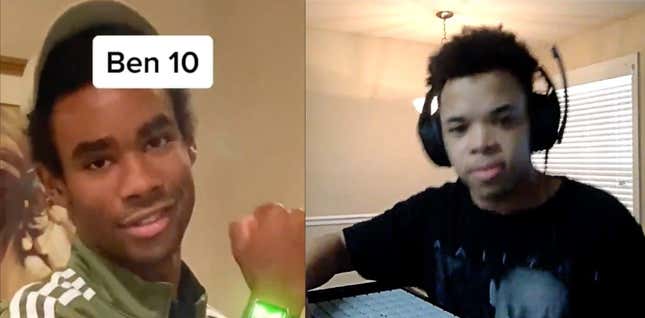
On the second to last day of Kwanzaa, we celebrate Kuumba, the principle that’s all about creativity and recognizing the long practice of Black people beautifying whatever we get our talented hands on. In 2020, 23-year-old Jimir Reece Davis (@loneamorphous on Twitter) embodied this legacy by using the reach of Twitter and his own prodigious gifts at the mixing board to beautify our timelines with his addictive mashups of classic songs and modern anthems like Rihanna’s “Kiss It Better” and Luther Vandross’ “Never Too Much.” After racking up tens and thousands of views for that mind-blowingly good musical creation, Davis went on to create more smooth jams, adroitly mixing together Beyonce’s “Hold Up” with Notorious B.I.G’s “Big Poppa,” and putting his own stamp on iconic throwbacks like Aly-Us’ “Follow Me.”
Also in our running for reflecting Kuumba this year is Julian Bass, a 20-year-old theater college student from Georgia who brought incredible movie magic to Tik Tok with his next level video editing abilities. Bass was able to skillfully employ animation and special effects to turn himself into a very believable Jedi Knight, the cartoon superhero Ben 10, and even Spiderman—complete with web-shooting power—all in a single 20 second video that’s racked up 1.4 million views and counting. Young Black people are clearly full of creativity, and these two led the charge in keeping Kuumba alive for our community in 2020.
Imani
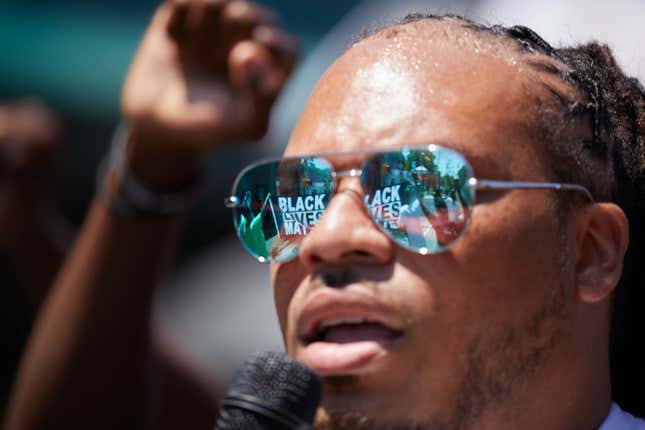
Kwanzaa closes out with the principle Imani, which translates to faith and is about belief in our people, families, and the righteousness and victory of our struggle. Fittingly, we see Imani as best personified in 2020 by a man of faith—Rev. Greg Drumwright in North Carolina. The pastor led a march to the polls during early voting in Alamance County, N.C. that police there decided to disrupt by pepper spraying into the crowd of men, women, and children who gathered for a moment of silence to recognize the life of George Floyd. Though the cops’ actions left the demonstrators coughing, vomiting, and appeared to even send one into a seizure— the Alamance County Sheriff’s Office then charged Drumwright with felony assault. But the reverend didn’t silently succumb to the attempt to dissuade him from his mission for social and racial justice. Drumwright countersued the police in Alamance County and has not backed down from the righteousness of protests, saying, “We will not let up until change comes down.”
We can’t think of a better sentiment to end on for Kwanzaa 2020.

